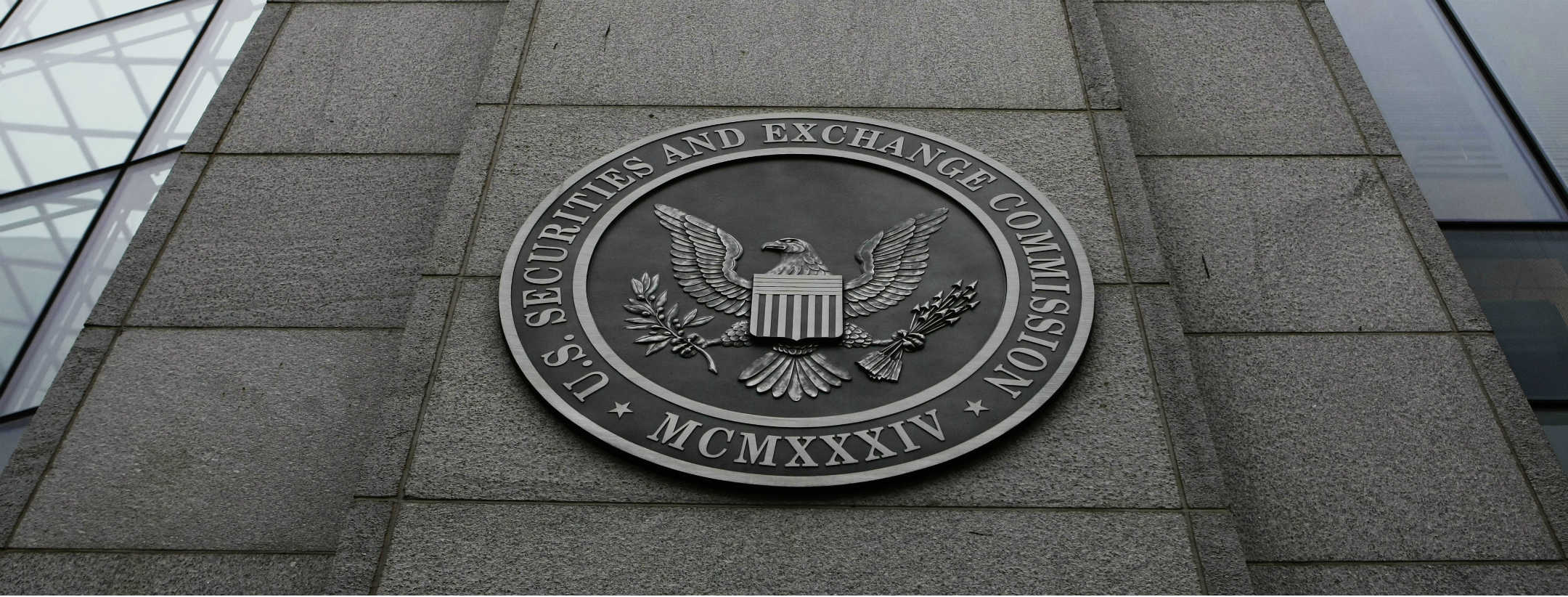Summary: The SEC is cracking down on "pump and dump" stock schemes where writers were secretly paid to post bullish articles on financial websites such as Seeking Alpha. Investors were mislead into believing they were reading "independent, unbiased analyses."

With the recent crackdown on political "fake news", where a handful of media mega-corporations such as Facebook and Google have emerged as the ultimate arbiter of what is real or isn't, in the process unleashing allegations of conflicts of interest, it was only a matter of time before the SEC got the hint and brought the hammer down. That time is now, because as Reuters reports, the SEC on Monday announced a crackdown against "pump and dump" stock promotion schemes in which writers were secretly paid to post hundreds of bullish articles about public companies on financial websites.
Some 27 individuals and entities, including a Hollywood actress (shown below), were charged with misleading investors into believing they were reading "independent, unbiased analyses" on websites such as Seeking Alpha, Forbes, Benzinga, Investing.com, Investors Hub, Minyanville, and Wall Street Cheat Sheet.
The SEC said many writers used pseudonyms such as Equity Options Guru, The Swiss Trader, Trading Maven and Wonderful Wizard to hype stocks. It was not immediately clear if bearish "pseudonymous characters" were also responsible for talking down stocks.
While not as pervasive as alleged "fake news" in the political realm, the SEC said had it identified more than 450 problem articles, of which more than 250 falsely said the writers were not being paid.
Unlike traditional cases where the SEC alleges fraud, usually involving trading on inside information, in this case the crackdown is not against improper market information but misrepresentation of conflicts of interest and marketing.
"This is different from the fraud cases that you usually see us bring," Stephanie Avakian, acting director of the SEC enforcement division, said on the conference call. "Here, we allege that the fraud was in presenting the analysis as impartial," she said. "It was bought and paid for."
As a reminder, our own disclosure policy is summarized as follows: "You should assume that at all times we are so totally just talking our book it would shock and awe you like the unexpected, early-morning arrival of a cluster of BGM-109C Tomahawks" (a warning that has lost some of its irony over the years).
Meanwhile, the SEC said that seventeen defendants including Galena Biopharma, ImmunoCellular Therapeutics and Lion Biotechnologies agreed to pay more than $4.8 million, including fines and restitution, to settle, and to refrain from further wrongdoing. Not all defendants were required to make payments, and Galena, ImmunoCellular and Lion did not admit wrongdoing. None of the websites was charged.
The SEC filed lawsuits against the other 10 defendants in Manhattan federal court. These defendants include Lidingo Holdings LLC, run by Kamilla Bjorlin, 46, an actress from Encino, California who performs under the name Milla Bjorn ... and CSIR Group LLC, a New York firm overseen by Christine Petraglia, 49.
Amusingly, the SEC also issued an alert warning investors that articles on investment research websites may not be objective and independent, and that they should never invest based solely on information published there.
And yet, the SEC seems to have no problem with sound "advice" from the big investment bank, such as Morgan Stanley telling its clients the coming rally in the S&P is one they can't afford to miss, as we discussed earlier, citing a quote from the bank's new head of equity research who said, "The end of the cycle is often the best. Think 1999 or 2006-07. In a low-return world, investors cannot afford to miss it."
Morgan Stanley did not go into detail on what would happen if the investors got into the "1999" or "2006-2007" rally and found that the crashes of 2000 or 2008 followed...
As for the named websites, they all said that they use the appropriate disclaimers. Mike Taylor, a Seeking Alpha managing editor, said in an email that its policies "act as a strong deterrent against potential promotions," including documenting "all authors' claims to not having been compensated by third parties." Benzinga said in an email that it uses a disclaimer to identify articles from outside contributors, and that each "does not represent the opinion of Benzinga and has not been edited."
Of course, the unspoken message is that anyone who buys, or sells, securities based on advice they acquired on some website, no matter how credible, deserves to lose all their money anyway.
The SEC's Case is 17-02540 in Southern District of New York
The SEC's breakdown of the "traders", pseudonyms, promoters, clients and publishing websites is shown below:



